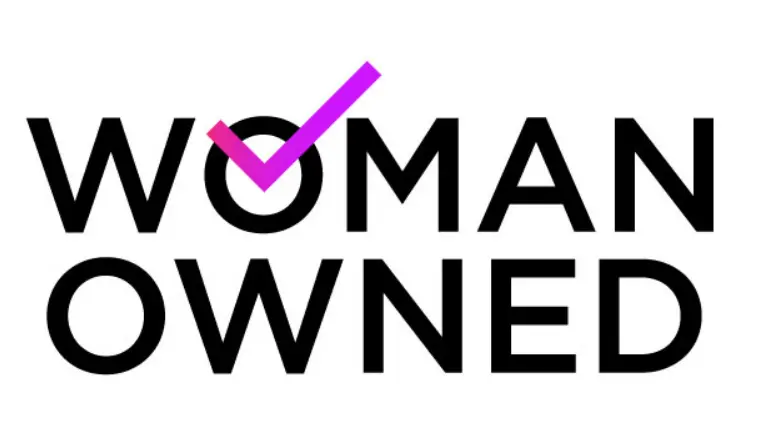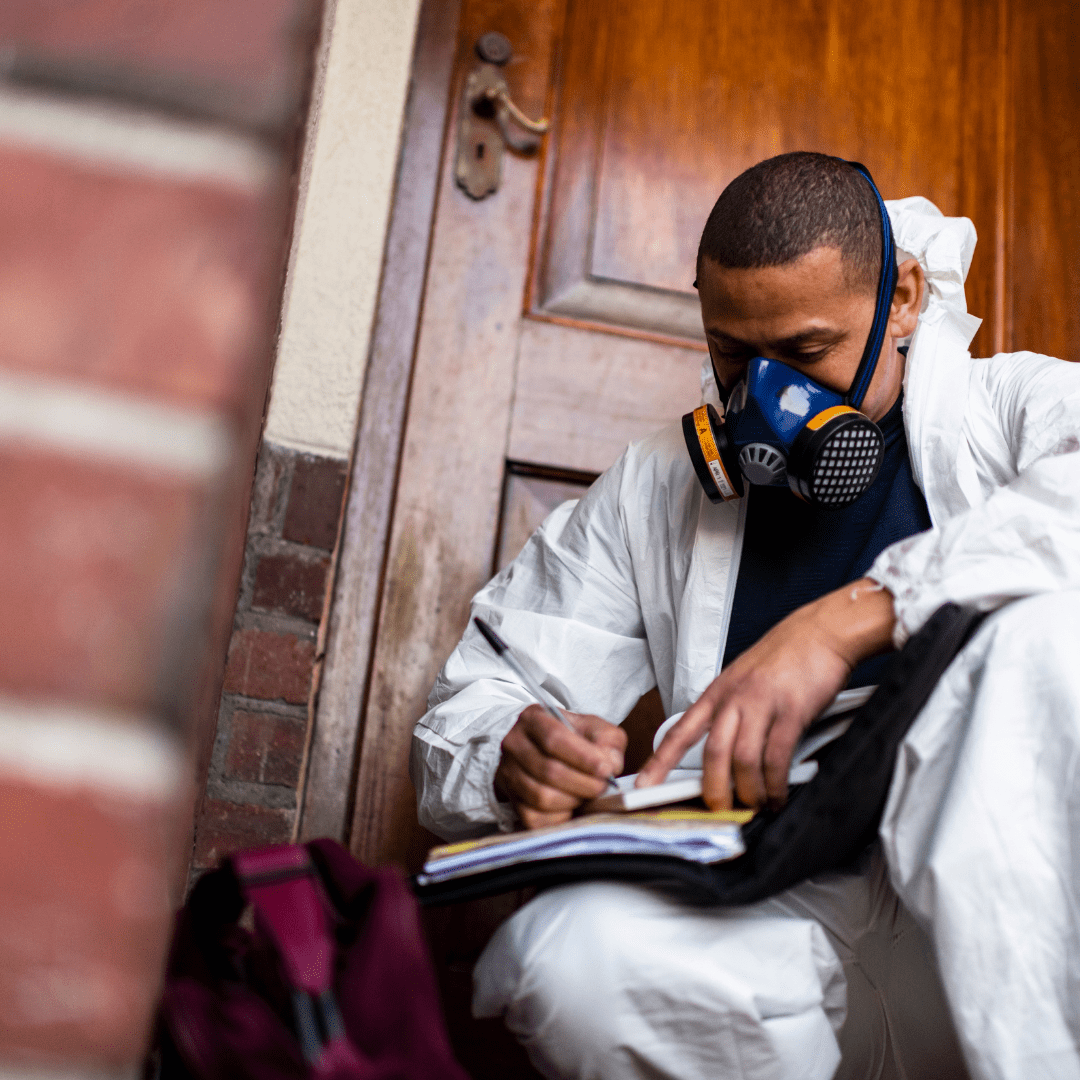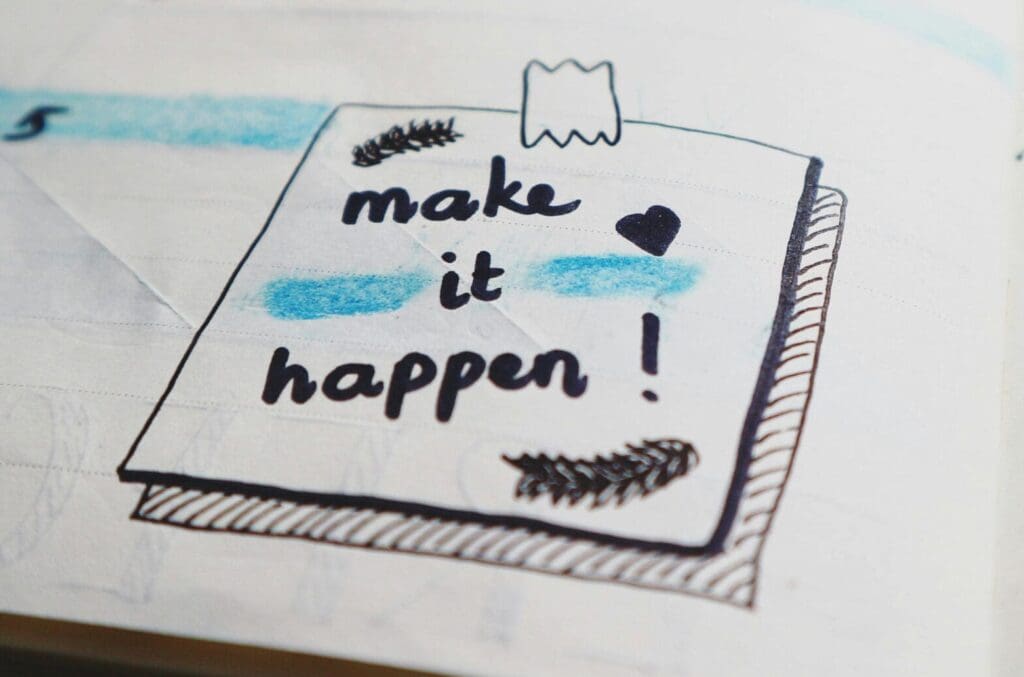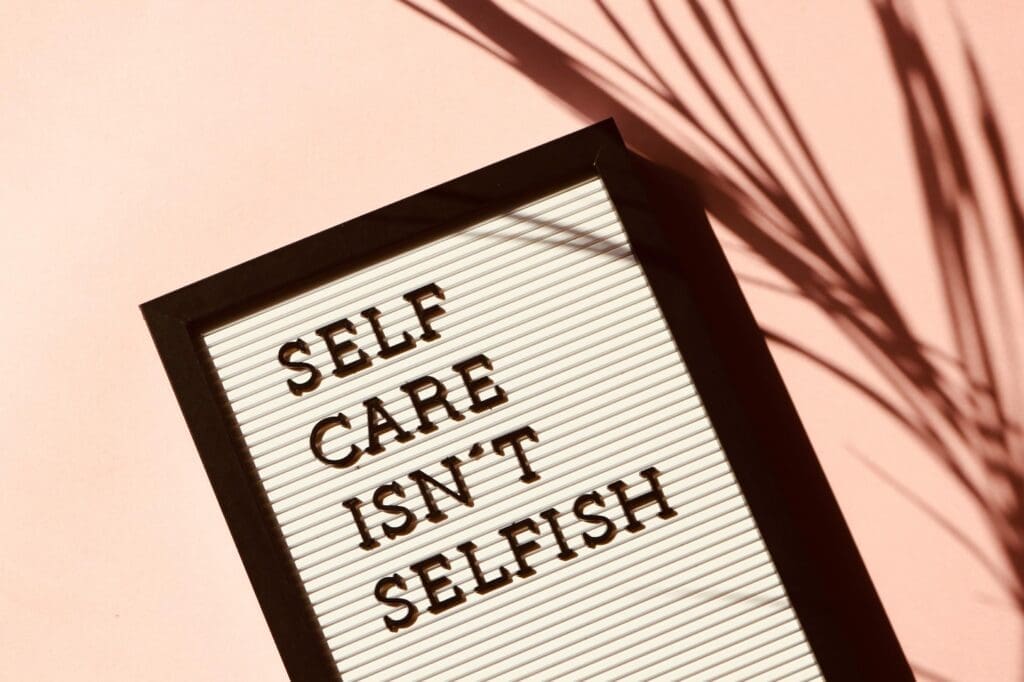It’s impressive to me that we’ve continued to survive a pandemic, a complete political meltdown, and nearly a year of sheltering at home. The intensity of unwanted emotions destroys our confidence and damages our ability to tolerate these unique circumstances – we’ve got some additional therapy hacks to boost your coping capacity and get you back in the driver’s seat! 2021 is all about gaining our control back.
Sometimes our core emotions are blocked due to inhibiting emotions like anxiety, guilt, or shame; or because our defense mechanism (think flight, fight, freeze) activates our negative emotional response. Our defenses and responses might look like sarcasm, being silent, irritability, perfectionism, or negative self-talk. These coping mechanisms are there to protect us from really difficult emotions.
So how can we manage them better when we’re already emotionally exhausted from COVID-19? Check out these 5 therapy hacks – use them as stand-alone or in conjunction with each other – they work!
Therapy Hack 1:
Identify and validate your emotions! First, figure out your core emotions: happiness, surprise, sadness, fear, anger, disgust, or contempt. Maybe the fear of rejection might be riddled with anxiety and negative self-talk – blocking your vulnerability. Tease out supportive emotions versus inhibiting ones, identify your defense mechanisms – check in with your body, breathe and pay attention to what is really at your core. Once you can identify how you truly feel, own it! Validate yourself: acknowledge how you feel and recognize it may be hard to experience. Allow yourself to feel it, then let it leave your body with three big belly breaths!
Therapy Hack 2:
Be curious about your experiences, trying to avoid judgments. Ask yourself: Am I being hard on myself right now? Are my expectations reasonable for myself and others? Use this go-to thought-stopping tool: picture a bright red stop sign. Then, say to yourself, “Stop! I’m experiencing a painful wave of emotion; it will stop soon. I can choose to focus on something else instead.” Ask yourself: “what will it take to think of something else instead?” Then, challenge yourself to act on a new thought (don’t forget to breathe). Remember, emotions don’t last forever, even though they feel like it sometimes.
Therapy Hack 3:
Riding out the emotional storm by slowing down your mind and body. The movement of emotions is sometimes described as waves or weather systems. They come and go, wax and wane. Put your hand on your belly and watch your abdomen inflate and deflate with each breath. Inhale through your nose, exhale out your mouth: check out this diaphragmatic breathing (belly breathing) video for more how-to information. It helps to make a list of your fav pleasurable COVID-19 safe activities; pick one and go for it! Sometimes simply interrupting the flow of feelings by getting up relaxes the mind-body connection. Try taking a shower or walking outside- it may do the trick! The goal is not to avoid these painful emotions, rather weathering the storm, moving beyond them. Although difficult emotions can feel like they last forever, they actually come and go with varying intensity levels.
Therapy Hack 4:
Set limits without feeling guilty. There are generally 5 types of boundaries: physical, sexual, emotional, intellectual, and financial. You can kindly, yet firmly, set limits with the people in your life by firmly stating what you can (want) and can not do (do not want). Spend some time thinking about what your limits are: make a list of what’s acceptable or not. Check out our blog, “One Highly Effective Tool For Getting Your Boundaries Respected,” for a great communication tool.
Therapy Hack 5:
Try something new to override core emotions, such as hobbies, skills, meditation, or even a new fav food! Especially with family or with our romantic partners, we can get stuck in the same old roles that keep us experiencing the same difficult emotions. Sometimes interrupting the same-old-same-old feels good in the moment and helps change reactive behavioral patterns. Take the high road and gain back some of the power. Instead of arguing, acknowledge your disagreement, then move on. Spend some time thinking about your part and own it… you may be to do it differently.
Please talk with your therapist about your experiences/thoughts/feelings, or ask for help identifying them. Managing difficult emotions can be….well, difficult. With some effort, you can get back in the driver’s seat!
We’ve come together as a community even though it’s been a rough ride – Through these times, we appreciate you continuing to do your part to keep those around you safe; especially by wearing a mask. While we’re sure to be out and about soon enough with a vaccine on its way – now more than ever, we need to continue building our skills repertoire to help manage difficult emotions.
By: Joelle Rabow Maletis & Andrea Shipman




